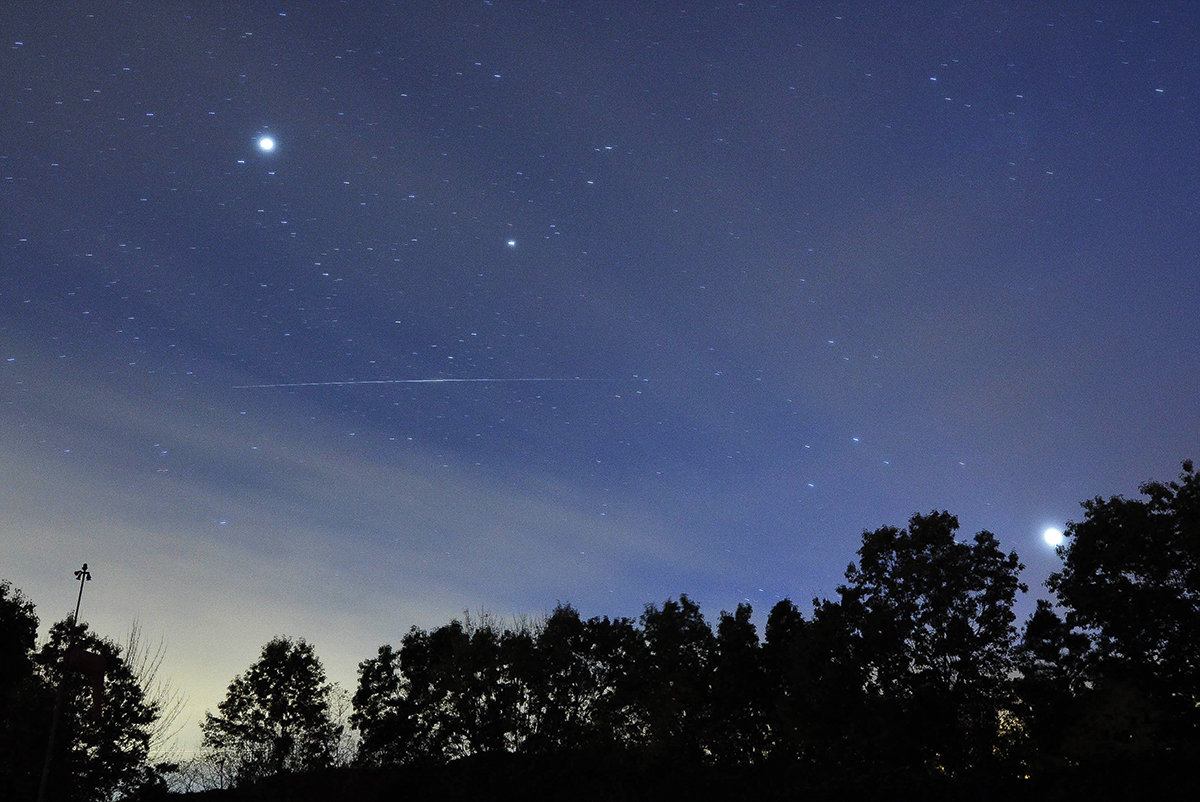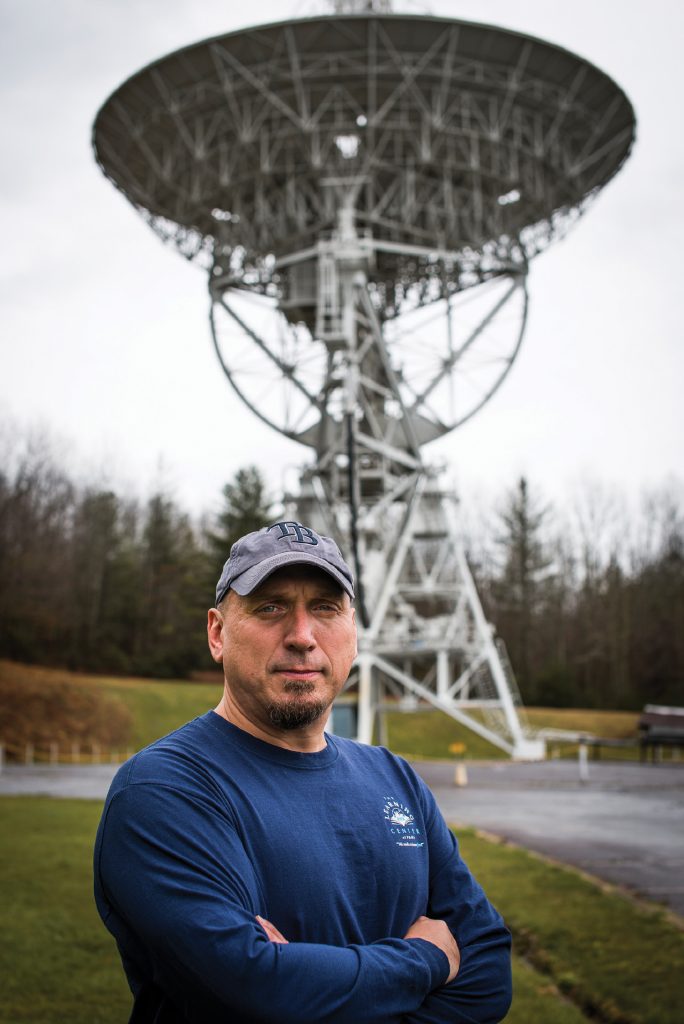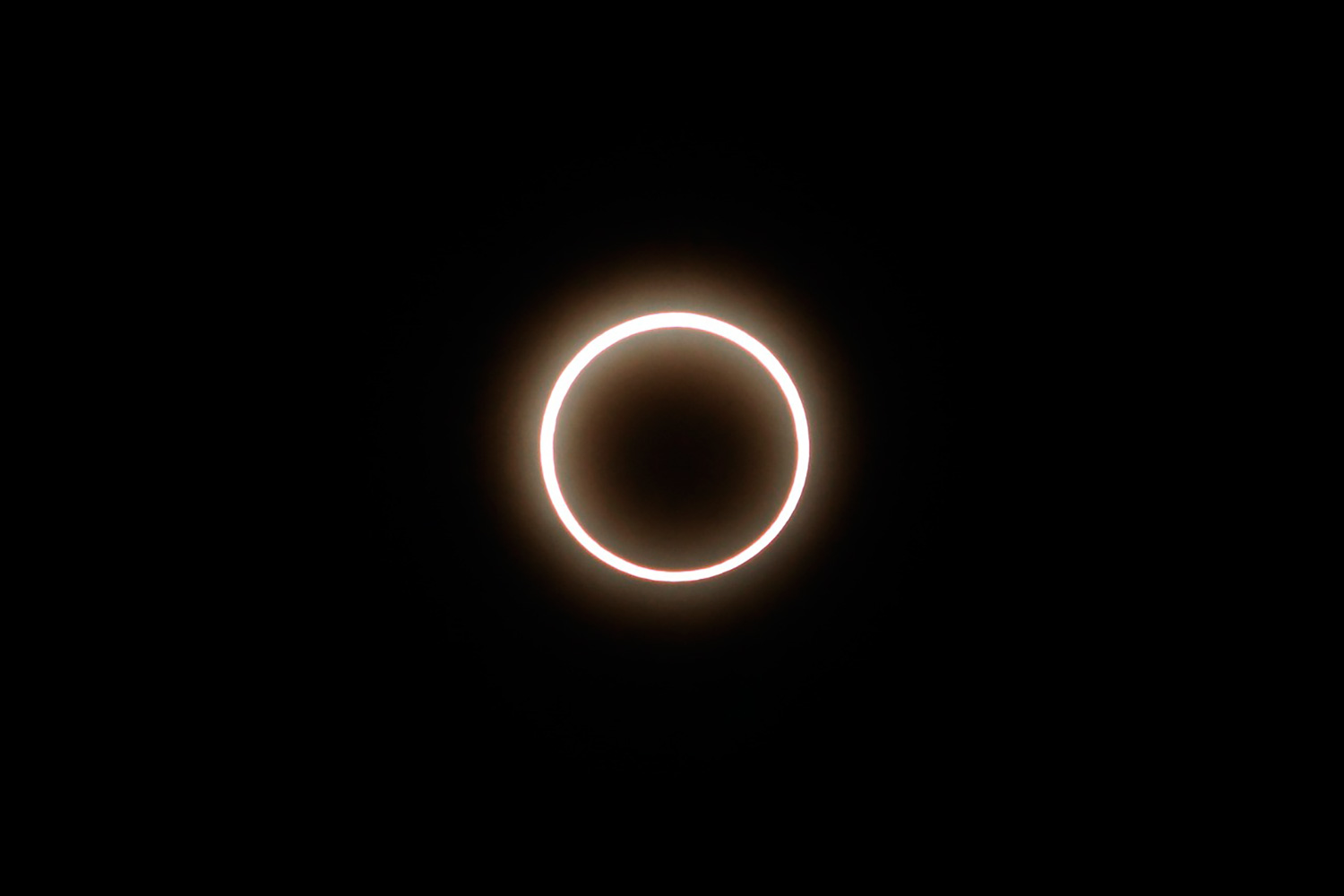Space is unlimited (except for the coveted Leonids event)

Keep your eyes on the skies with the help of the scientists at PARI.
Nature marks the arrival of autumn with the spectacular light show provided by the Leonids Meteor Shower, which arrives every November as particles blown off passing asteroids by solar winds encounter the Earth’s atmosphere. This year’s display will happen over several nights in mid month, and the Pisgah Astronomical Research Institute in Rosman will be ready for viewing.
“It’s a fun and appropriate event for youngsters,” PARI’s Education Director Melanie Crowson points out about this month’s family-friendly program. But really, the venue’s programs are generally for all ages: “We like to say that we provide education from K to Gray,” says Crowson.
PARI’s viewing event will be spread over two days, on Thursday and Friday nights, November 17 and 18. A maximum of 20 guests are invited for Thursday, while Friday’s event can handle up to 50 guests, some of whom have traveled from afar and will be staying in PARI’s guest cabins or campsites.
Alternate programming is on standby in case of cloudy skies. “We keep a close eye on the weather for weeks before the event,” Crowson says, “and do the best we can to navigate the clouds when possible. We strive to make the alternate programming, if needed, a special event that we don’t normally offer so that guests can still walk away with an incredible experience.”
PARI is a Dark Sky Park certified by the International Dark Sky Association, free of nearby Brevard’s light pollution and a favorite gathering place for both amateur and professional astronomers throughout the Southeast. It was originally established by NASA in the mid-twentieth century as the Rosman Tracking Station during the Cold War to keep an eye on Soviet spy satellites, for whose benefit NASA researchers painted a giant smiley face on the facility’s 4.6-meter radio telescope. With the end of the Cold War, the station passed through a number of federal agencies before it was decommissioned in the late 1990s, with plans to transfer the 200 remote acres to the U.S. Forest Service.
But when amateur astronomer Don Cline visited the site searching for a radio telescope he could donate to Appalachian State University and discovered the site’s 400-ton radio antenna, he famously noted, “I don’t think we can move this one.” Instead, he negotiated a 1998 land swap between the Forest Service and his new nonprofit, PARI, which has since added an optical telescope enclosed in its domed observatory building.
“Guests should come prepared for a fun, relaxing night, with any and all space questions for our science educators and astronomers,” Crowson says of the Leonids event. “We love questions.”
PARI’s Leonids Meteor Shower Experience happens 7-9pm on Thursday, Nov. 17 (the “Evening Ticket”) and begins at 4pm on Friday, Nov. 18 (The “Cabin and Camping Package”), ending at 10am the following day. Reservations are required via pari.edu or by calling 828-862-5554. Cost for the Evening Ticket is $25 per child 6-11, $50 per adult. (No charge for children 5 and under.)



